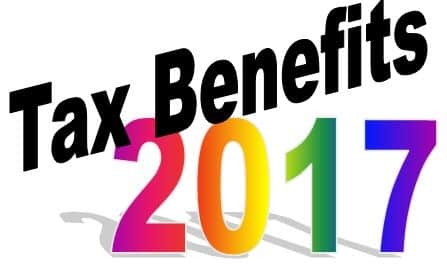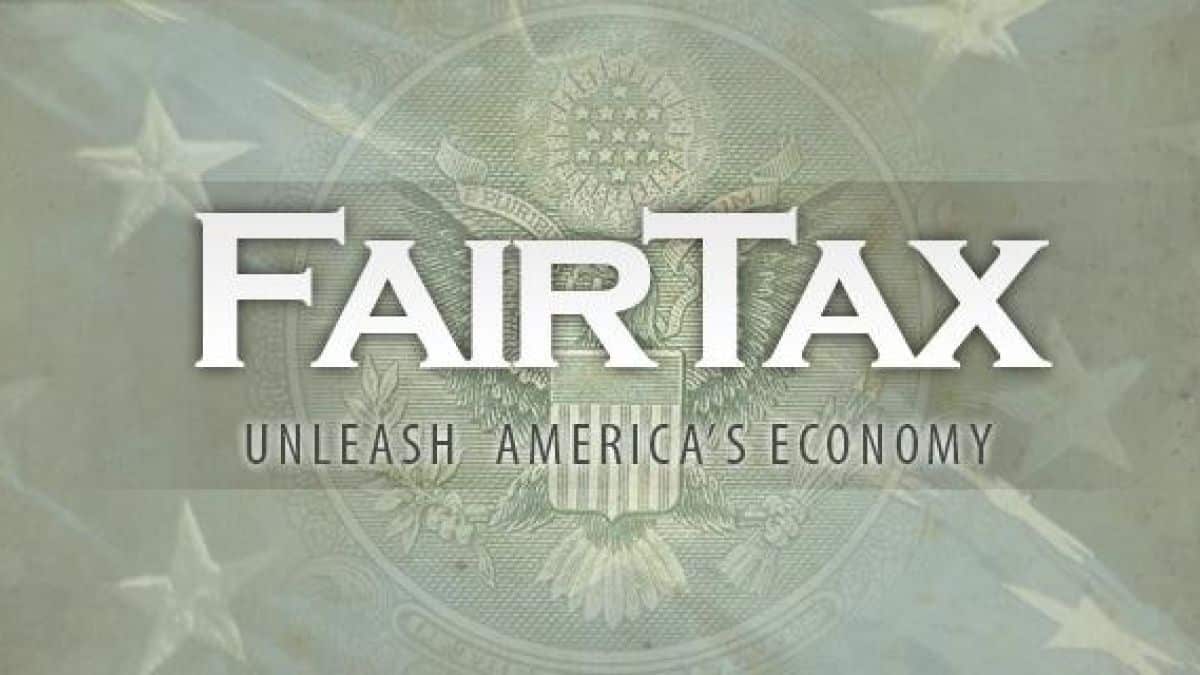An Insight into Capital Gain Tax & Why You Should Have an Idea About It

An Insight into Capital Gain Tax & Why You Should Have an Idea About It
The profit which you get from selling a capital asset is known as capital gains. For example, if you buy a share for an extremely low rate and the value of it soars quite high after five years, it would be profitable for you if you decide to sell it. However, there are two types of capital gain tax, one is short-term capital gain and another is the long-term capital gain and the tax rates for both are different from each other.
 Short Term Capital Gain: The gains on properties or assets which people hold for twelve months or less than that is called short-term capital gain. They are taxed just like regular wages.
Short Term Capital Gain: The gains on properties or assets which people hold for twelve months or less than that is called short-term capital gain. They are taxed just like regular wages.
Long Term Capital Gain: When a person holds the gains on assets for more than twelve months, it becomes long-term capital gain. The amount of tax rate applied to long-term capital gains totally depends on a person’s income tax bracket.
How Do Earned and Unearned Income Differ?
In order to know the aspects of capital gain tax, you need to have a basic idea about earned and unearned income. Therefore, the proper meanings are listed below.
Earned Income: The amount which you get paid at the end of the month for doing a certain job is called earned income. It could be a normal 9 to 5 job or even a business.
Unearned Income: The money that you receive after investing in something is basically known as unearned income. You may end up investing into a share and the dividend that you will get in return will be your unearned income.
There has been lot of debates on the percentage of tax that should be applied on unearned income as it’s not something which you get from working.
People Who Pay Capital Gain Tax
People belonging from every income group do not have to pay the capital gain tax rather it is paid by those who fall under the high-income bracket. However, if someone has received capital gains on any sort of property or shares will have to pay the tax on those gains.
How to Minimize Capital Gain Tax
Most of them try to escape taxes and people at times sell away their unprofitable assets which have faced a huge amount of loss in the past. This way, they get to defer the capital gain tax.
People sometimes even wait for a while to buy the asset which they had sold to minimize capital gain tax. This only happens if they feel like taking back the asset.
Conclusion
It is you who needs to understand how you want to cut off or get rid of the capital gain tax. You might even cope up with the high tax bills if your investments do really well in the market. People who are confident about their investments and keep buying properties or shares and sell them do not face many issues with capital gain tax. At the end of the day, you would acquire the benefits if your family assets are of great worth.




